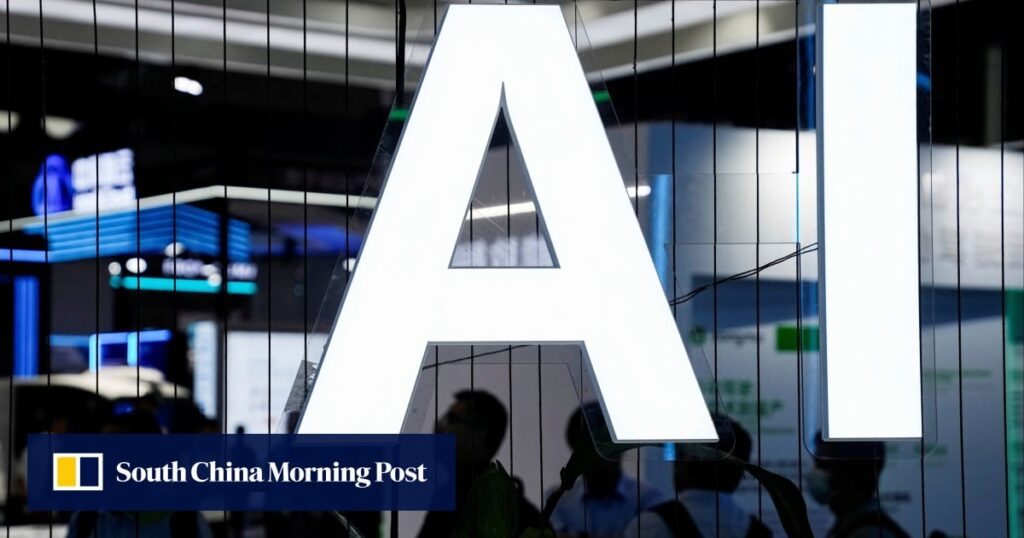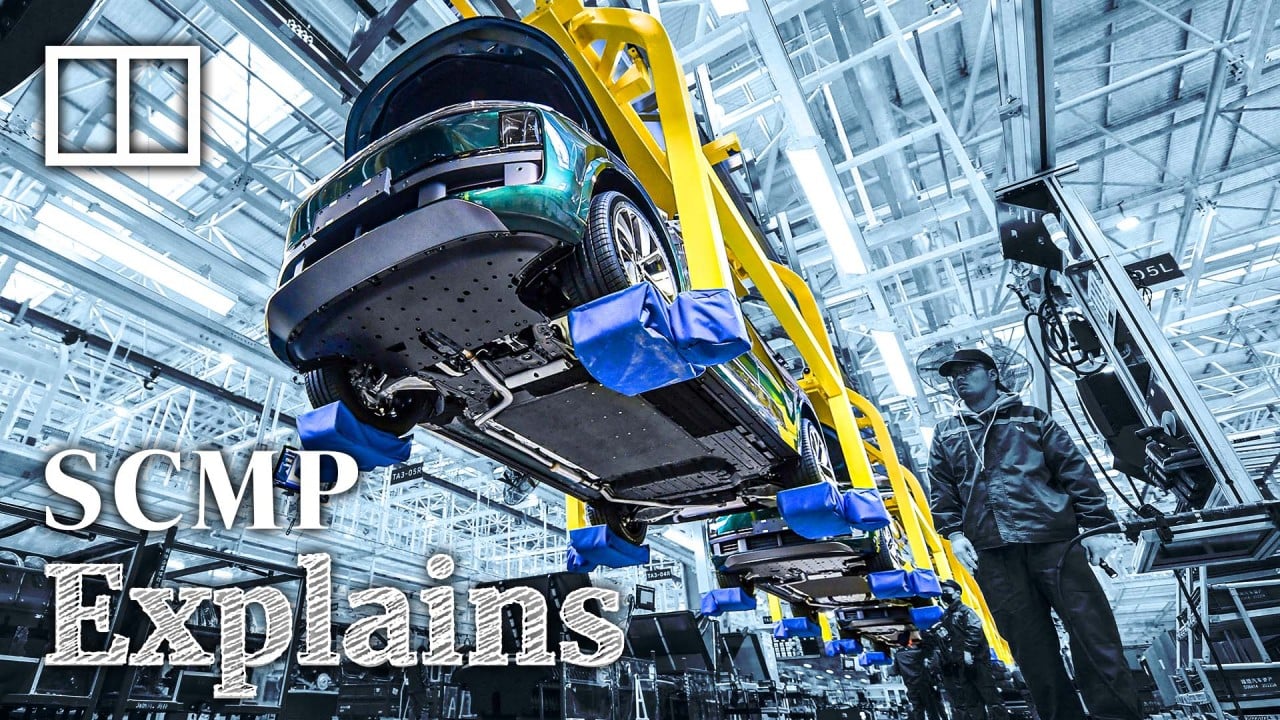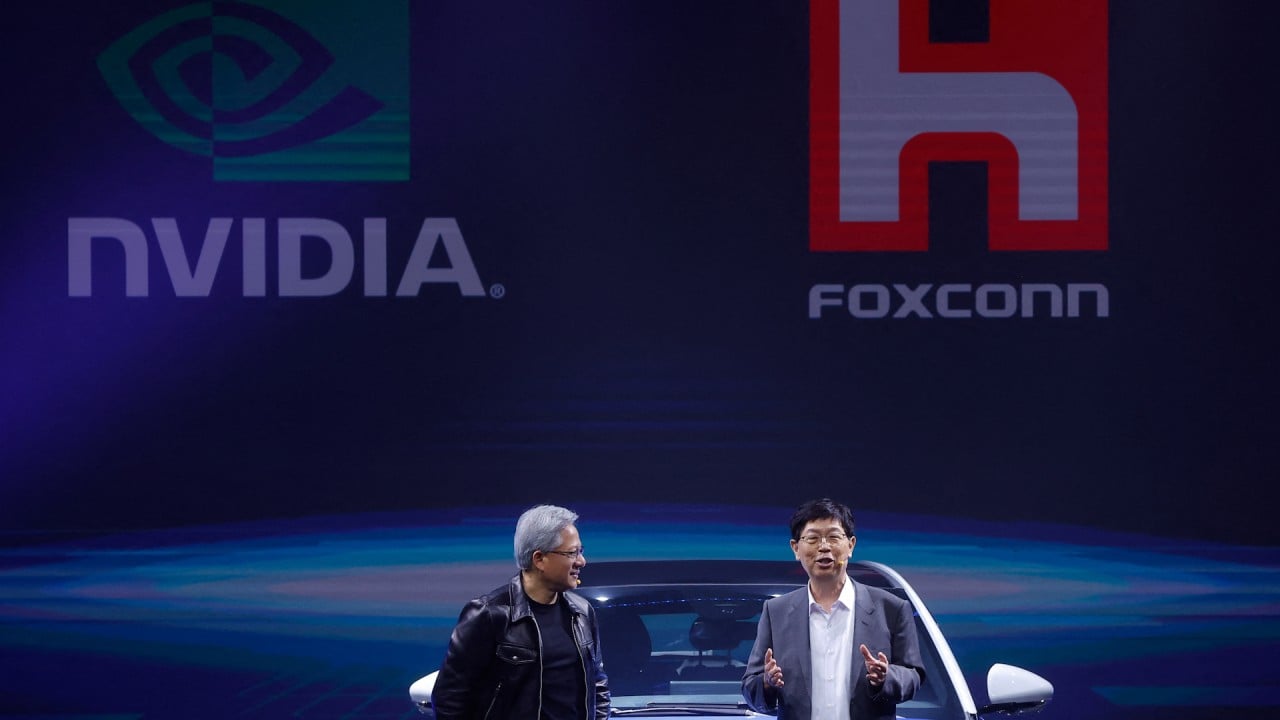Mr. Zhu also called for China's academic institutions to be opened up to the international community as part of China's efforts to lead technological innovation.
He made the remarks on May 11 at a meeting of the CPPCC, which convened more than 100 experts to discuss ways to improve the quality of China's workforce and modernize the country.
“[We] Efforts should be stepped up to revitalize the academic community and attract international talent,” Zhu said in a report published Monday by the CPPCC Daily, the media outlet of China's top political advisory body. It was reported that.
“Artificial intelligence is currently at the forefront of global technology competition, posing both challenges and opportunities for China's population quality, job market, education reform, and technological innovation,” the report said. said.
The article does not specify when the AI Academy will open.
Zhu said foreign AI experts and students who wish to reside and seek employment in China should be given the same fair treatment as Chinese nationals. He also proposed using private foundations to attract global AI talent, according to the report.
According to the report, Zhu will expand AI education already in place at some universities in China, including building an “innovation vitality index” and integrating AI training with other fields for university students. It is said that he recommended
Long Teng, vice minister of science and technology, said in the CPPCC Daily that China will promote international talent exchanges in fields including AI and create standards to recognize “high-end, cutting-edge and urgently needed” foreign talent. Then he answered.
Long said China has strived to formulate and implement policies to promote talent, focusing on key areas such as AI.
The discussions come as the Chinese government redoubles its efforts in artificial intelligence as it seeks to build high-quality technical talent and lead the recovery of its struggling economy.
As AI becomes the frontier in the intensifying U.S.-China science and technology competition, and conflicts over the South China Sea, trade, and ideology intensify, an international competition to develop human resources is emerging.
Mr. Chu holds a degree from Harvard University and was previously an award-winning expert in computer vision at the University of California, Los Angeles. He returned to China and joined Peking University in 2020 to head the Artificial Intelligence Research Institute.




